Search
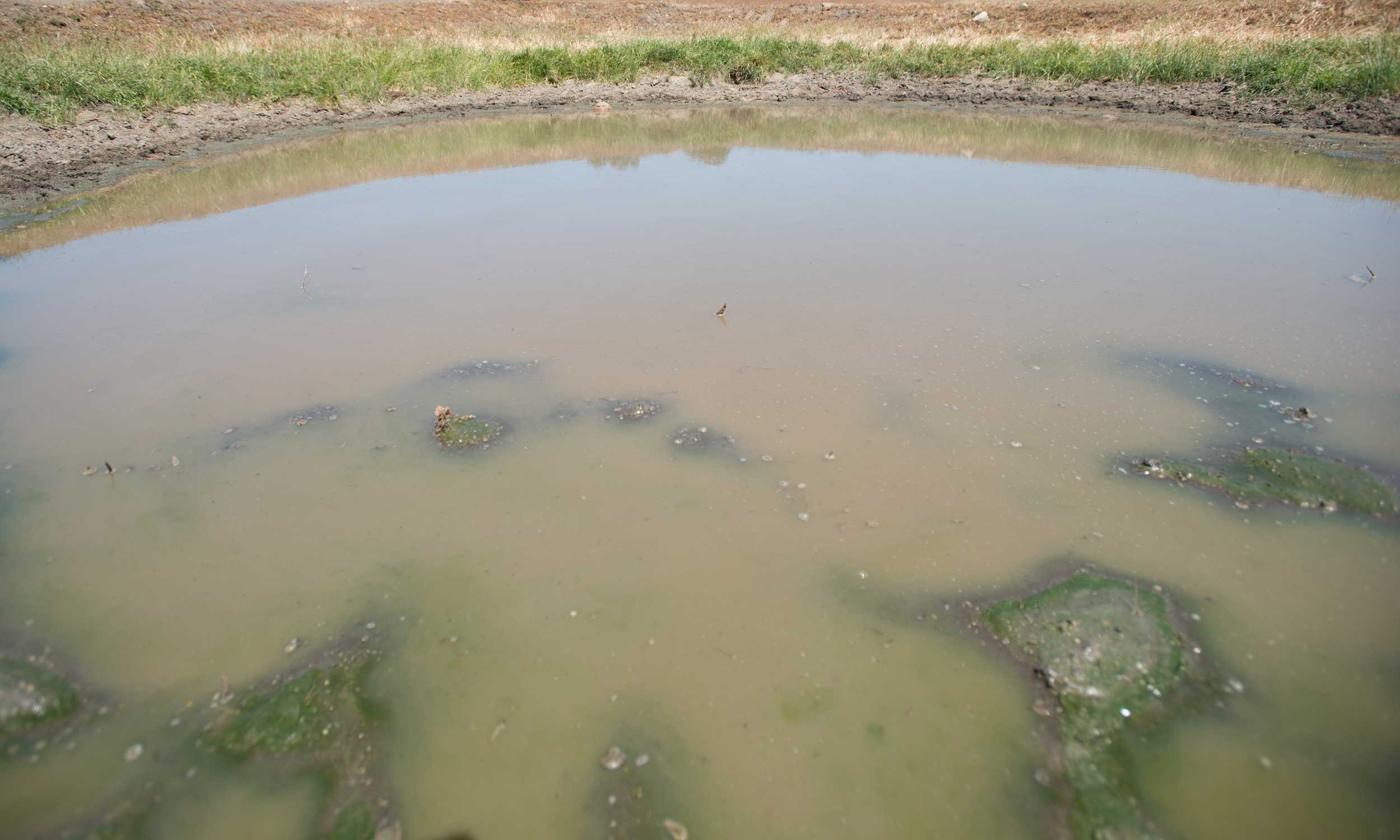
How Important Is Water Quality to Livestock?
Water is the most important nutrient to all livestock animals and is sometimes overlooked. Poor quality water can have a negative effect on growth, reproduction, and general productivity of the animal.
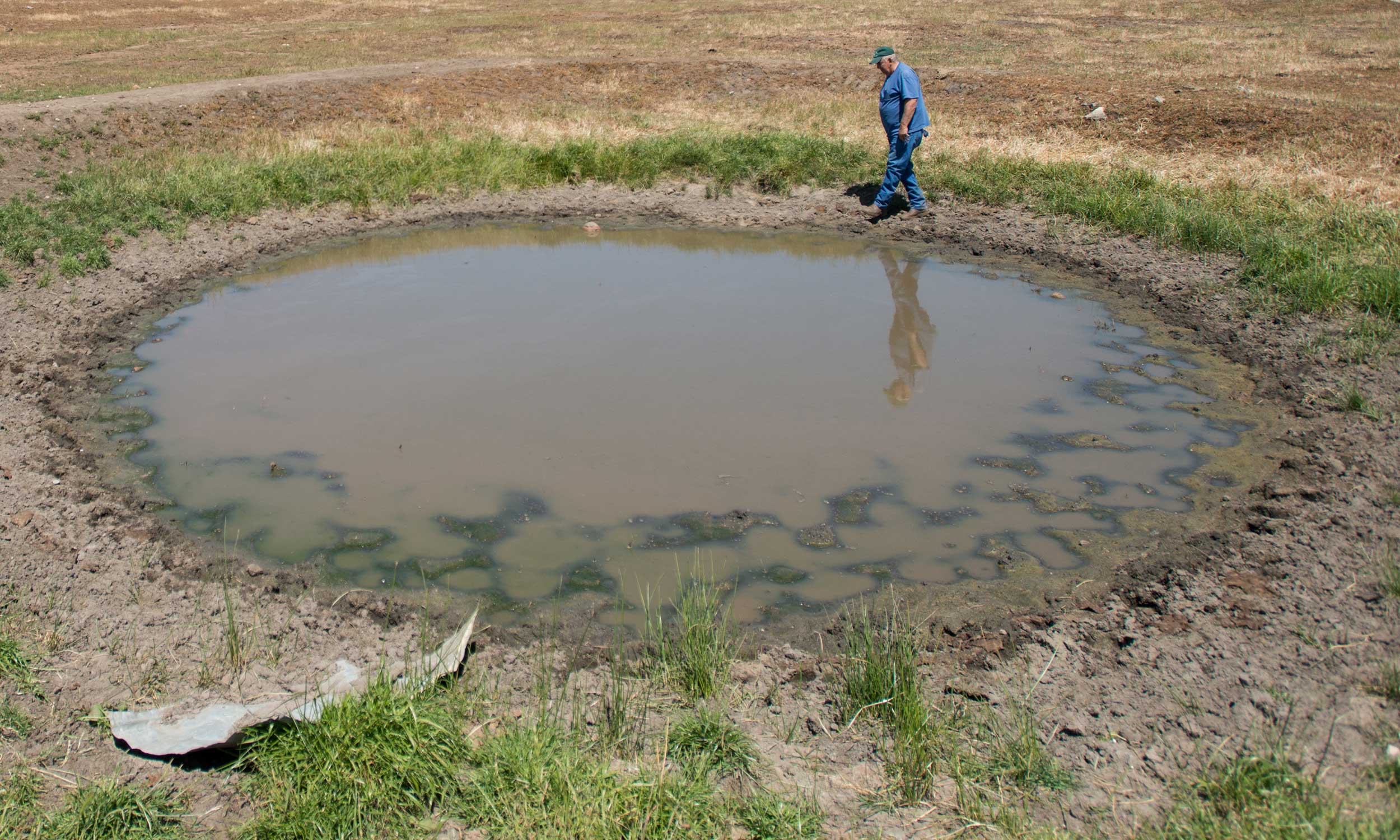
How Do Sulfates in Water Affect Livestock Health?
Poor-quality water will cause an animal to drink less. As a result, they also consume less forage and feed, which leads to weight loss, decreased milk production and lower fertility.
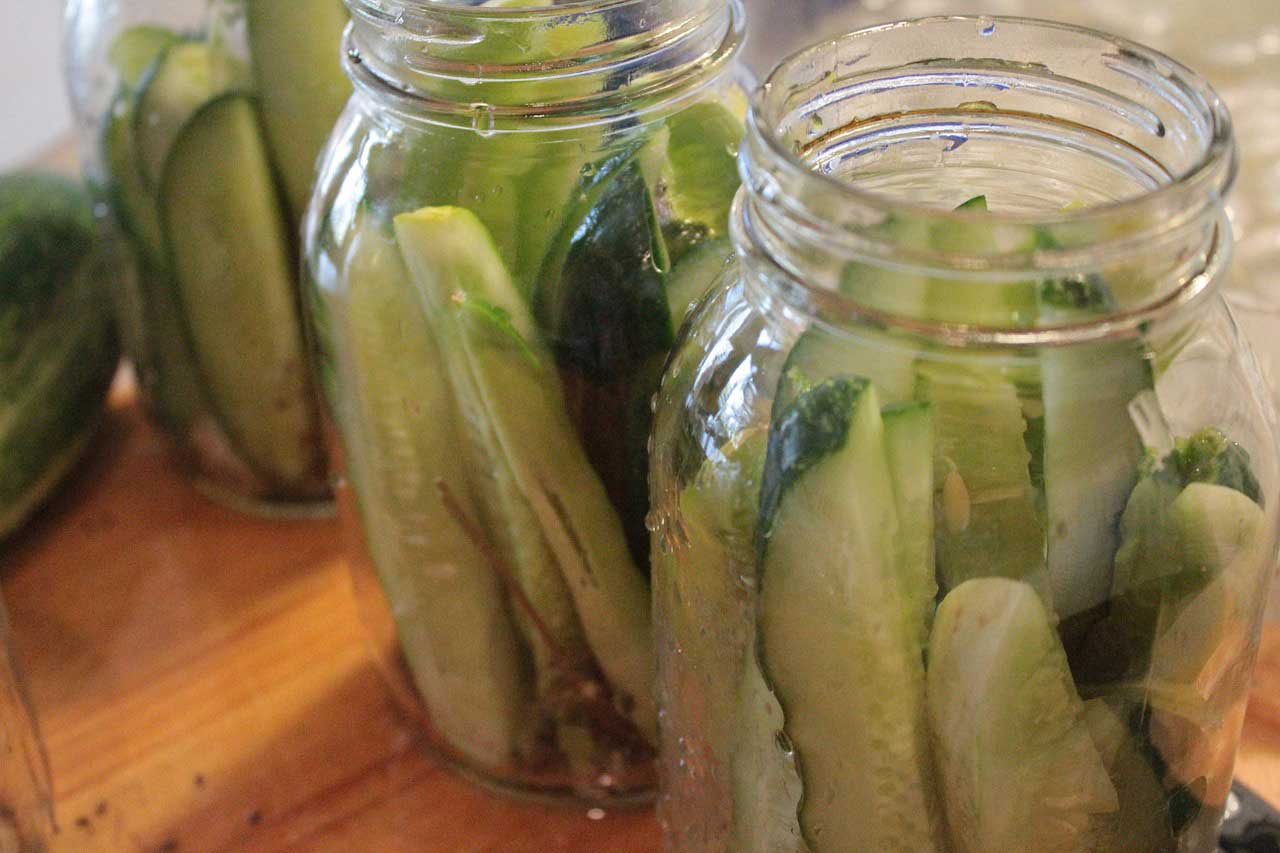
Safe Canning Recipes
One of the most common errors in home canning is not using a scientifically tested recipe. Canning a family recipe is risky as it can cause spoilage and foodborne illness.
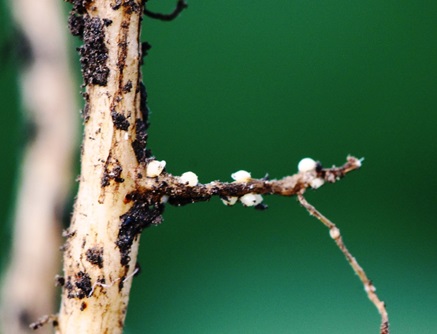
Soybean Cyst Nematode in South Dakota: History, Biology, and Management
Factsheet about Soybean Cyst Nematode history, biology and management in South Dakota
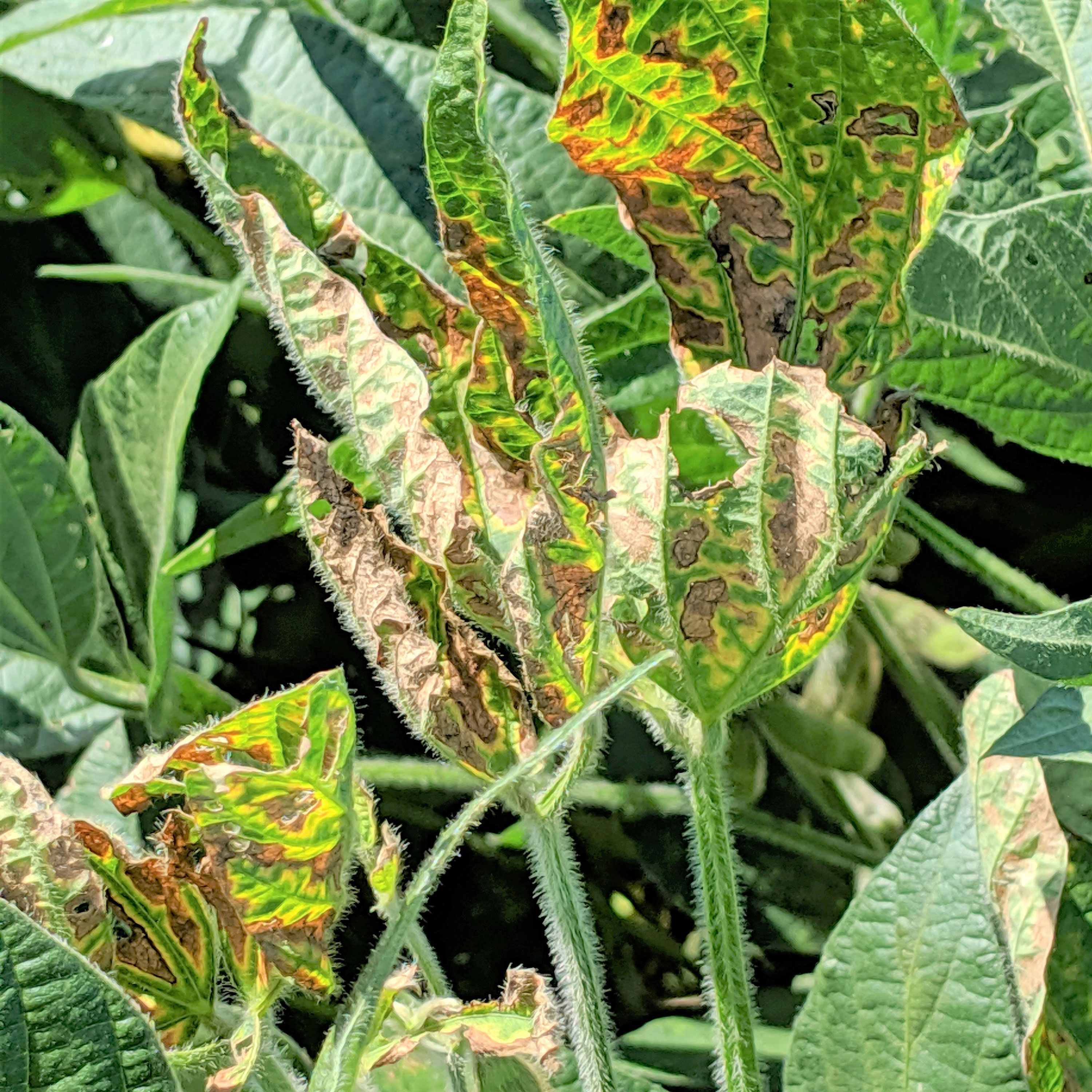
Sudden Death Syndrome of Soybean
Fact sheet discussing sudden death syndrome of soybean.
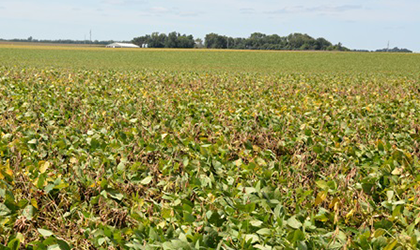
White Mold (Sclerotinia Stem Rot) of Soybean
Fact sheet of the symptoms and signs for while mold in soybean.
Aphanomyces Root Rot of Alfalfa
Fact sheet on Aphanomyces Root Rot of Alfalfa

How to Make a Safe, Ready-to-Eat Cookie Dough
Ready-to-eat cookie dough is a delicious snack or dessert that can be enjoyed, but only when made safely. This includes using commercially processed heat-treated flour, ready-to-eat ingredients and using good sanitary practices when making the cookie dough.

SDSU Extension Welcomes Anna Barr as Farm to School Specialist
July 12, 2021
A native of Newton, Iowa, Anna Barr brings broad expertise to the position as Extension’s first Farm to School Nutrition Field Specialist.
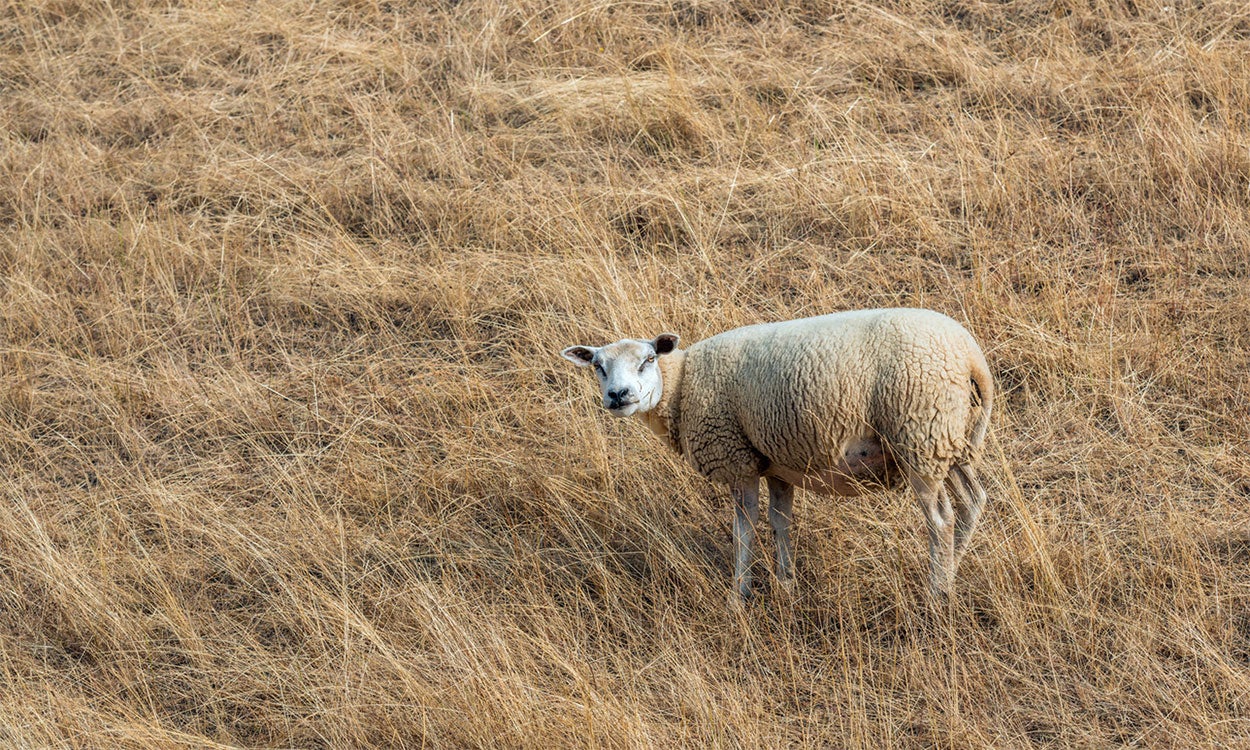
Drought Considerations for Grazing Range Flocks
Having a drought plan in place to best manage pastures is critical in being prepared for next year’s grazing season. Make decisions that will manage risk and promote both flock and financial longevity.